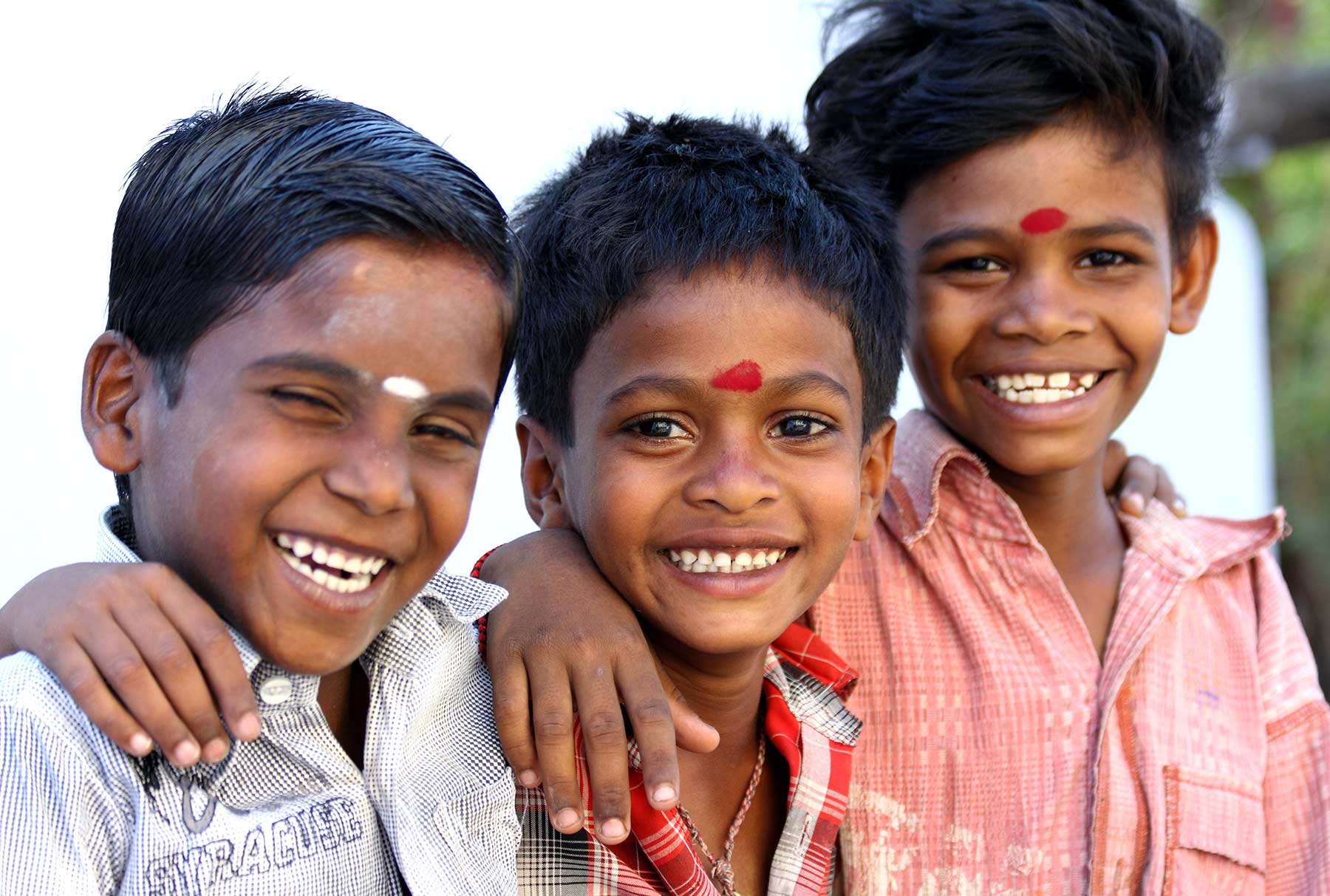International Development and Global Education
Our research aims to inspire and empower young people from disadvantaged communities.
Inclusive and collaborative
Our research is interdisciplinary, and engenders a supportive and responsible research culture.
We are inclusive and encourage collaborative working. This process enables us to explore social justice whilst solving complex problems.
Our research aims to inspire and empower young people from disadvantaged communities. We focus on societally relevant challenges.
Our projects
Our Water Security and Sustainable Development Hub inspires young people from disadvantaged communities.
They come from India, Colombia, Ethiopia and Malaysia to become active global citizens. They are the next generation of climate and environmental leaders and activists.
Youth Futures
We have a project with the British Academy Global Challenges Research Fund (GCRF). The Youth Futures project takes an interdisciplinary approach to research. It identifies and understands India’s ongoing marginalisation of young women.
Their lack of employment opportunities arise from many factors. They include their gender, caste, religion and geographic discrimination. Wider exclusion from a sense of global citizenship is also a major issue.
This interdisciplinary project incorporates young women’s voices. This helps us to understand the key issues restricting young women’s wider engagement in Indian society. We can also look at their economic empowerment.
Early Childhood Education
The second GCRF research project focuses on Early Childhood Education and Development. It has direct relevance for the United Nation’s Sustainable Development Goal 4.2.
It promises all children quality early childhood development, care and pre-primary education. This ensures they can be ready for primary education.
Development Frontiers
We also have a project with the Economic and Social Research Council. Development Frontiers focuses on Dar es Salaam, Tanzania. It explores the influences on creative behaviour in children living in informal communities.
Our research informs national and international policy. We have a strong track record when looking at schooling for the marginalised.
Other work
Examples of our recent work includes:
- Water Security Hub, Global Challenge Research Funding
- British Academy GCRF Youth Futures project
- The Identification and Nurturing of Gifted and Talented Children in the slums and low income areas of Da Es Salaam
- Using SOLE Across Borders in Romania, Ukraine and Moldova
- Understanding the Relevance of the Principles for Digital Development in Tanzania
Publications
Examples of publications in this area:
Dixon P, Egalite AJ, Humble S, Wolf PJ. Experimental results from a four-year targeted education voucher program in the slums of Delhi, India. World Development 2019, 124, 104644.
Dixon P, Humble S, ed. School Choice Around the World... and the Lessons We Can Learn. London: Institute of Economic Affairs (IEA), 2019.
Dixon P, Humble S. School Choice in Liberia. In: Dixon, P., and Humble S, ed. School Choice Around the World.... and the Lessons We Can Learn. London: Institute of Economic Affairs (IEA), 2019, pp.117-129.
Humble S, Dixon P, Mpofu E. Factor Structure of the Torrance Tests of Creative Thinking Figural Form A in Kiswahili speaking children: multidimensionality and influences on creative behaviour. Thinking Skills and Creativity 2018, 27, 33-44.
Humble S, Dixon P, Schagen I. Assessing intellectual potential in Tanzanian children in poor areas of Dar es Salaam. Assessment in Education: Principles, Policy and Practice 2018, 25(4), 399-414.
Humble S, Dixon P. School choice, gender and household characteristics: Evidence from a household survey in a poor area of Monrovia, Liberia. International Journal of Educational Research 2017, 84, 13-23.
Humble S, Dixon P. The effects of schooling, family and poverty on children’s attainment, potential and confidence – evidence from Kinondoni, Dar es Salaam, Tanzania. International Journal of Educational Research 2017, 83, 94-106.
Iyer G, Counihan CJ. When a Right might be a Wrong: Implications of the Indian Right to Education. Economic Affairs 2018, 38(3), 367-379.
Stanfield J, Calder G, Mlowe O, Kaemdim M. Edtech Innovations in Tanzania: Investigating student and teacher perceptions. Dar es Salaam, Tanzania: Human Development Innovation Fund (HDIF), 2018.
Vega N, Stanfield J, Mitra S. Investigating the impact of Computer Supported Collaborative Learning (CSCL) to help improve reading comprehension in low performing urban elementary schools. Education and Information Technologies 2019, ePub ahead of Print.
